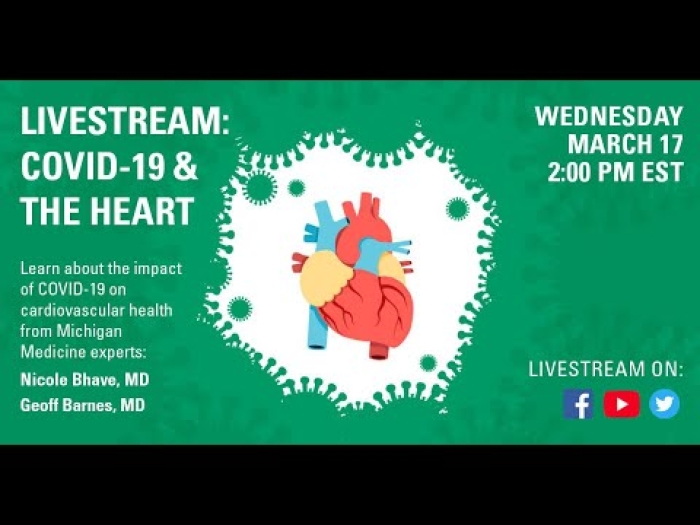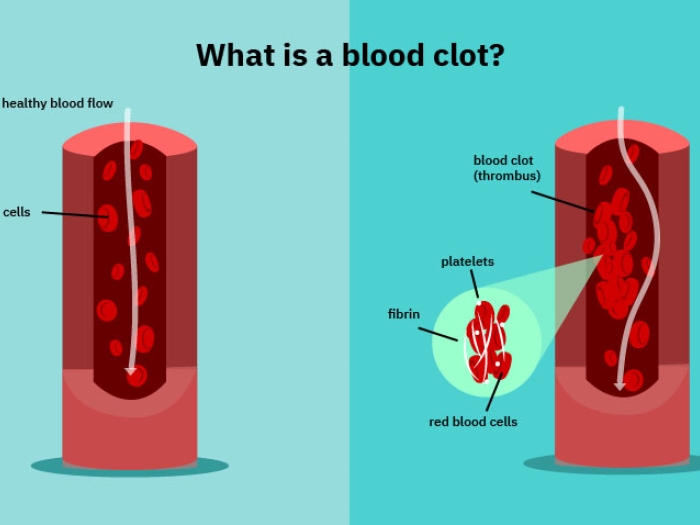
Health Lab
A highly complex emergency endovascular procedure was one man’s only hope of survival when others deemed his condition inoperable.

Health Lab
New basic science research shows what happens when you inhibit JMJD3 through both genetics and pharmacology.

Health Lab
Postponing procedures during the pandemic sparked anxiety and fear among patients, with many concerned about dying of their conditions before getting surgery.

Health Lab
The program, designed to provide treatment and education, reduces hospital readmissions.

Health Lab
When Detroit radio personality “Mojo in the Morning” needed heart surgery, Michigan Medicine was there for him, in and out of the operating room.

Health Lab
What clinicians want you and your loved ones to know.

Health Lab
Stroke onset while asleep does not seem to be the direct link between sleep apnea and stroke.

Health Lab
A patient with advanced heart failure gives birth to a healthy baby thanks to Michigan Medicine’s Cardio-Obstetrics Program.

Health Lab
What is a blood clot? What causes them? Are you at more risk for blood clots if you’ve had COVID-19? An expert shares 10 things you need to know about blood clots.

Health Lab
Researchers continue to hone in on how best to prevent blood clots, which cause strokes and heart attacks, without unintended side effects.

Health Lab
Stress-induced cardiomyopathy can be caused by a variety of stressors, and some of them may surprise you.

Health Lab
A new potential biomarker raises concerns over the current standard for treating COVID-19 induced blood clots with high dose blood thinners.

Health Lab
A new study analyzes the potential transmission risk of airborne respiratory pathogens during bystander-initiated cardiopulmonary resuscitation, or CPR.

Health Lab
People whose blood pressure is hard to control might have another condition that’s the real culprit. So why aren’t they being tested for primary aldosteronism?

Health Lab
Lowering blood sugar levels and shedding weight can help combat diabetes complications, but researchers say this “one size fit all” approach ignores other risk factors.